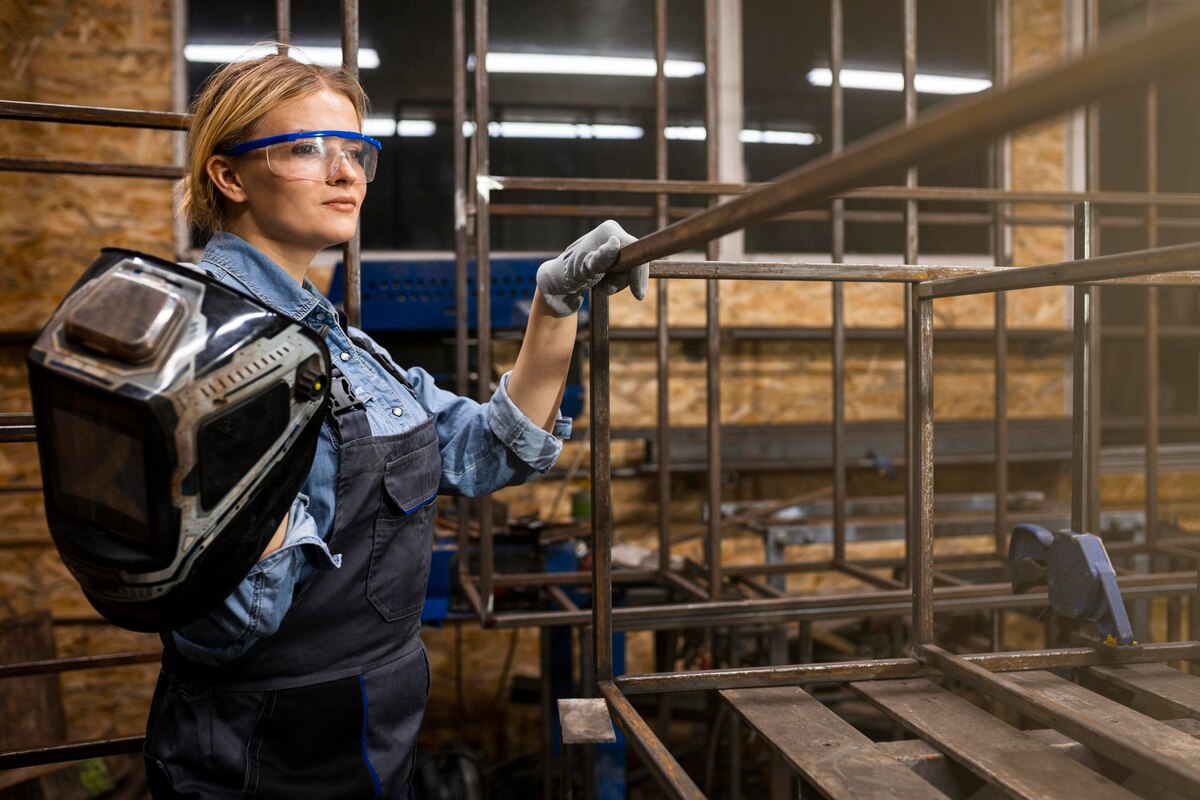The film industry has long been characterized by a significant gender imbalance, with women historically underrepresented in key roles behind and in front of the camera.Read More
Despite the progress made over the past few decades, women in film continue to encounter numerous obstacles. According to a report from the Geena Davis Institute on Gender in Media, women directed only 8% of the top 250 grossing films in 2021. These statistics highlight not only the underrepresentation of female filmmakers but also the broader systemic issues that persist within the industry, such as gender bias, limited access to funding, and a lack of mentorship opportunities. Women of color, in particular, face compounded challenges. A study by the Center for the Study of Women in Television and Film found that women of color accounted for just 5% of directors on the same list. This disparity underscores the need for intersectional approaches to support women from diverse backgrounds in their pursuit of careers in film. In response to these barriers, many organizations have emerged to advocate for gender equality in the film industry. Initiatives such as the Time’s Up movement and the #MeToo campaign have brought attention to the rampant issues of sexual harassment and discrimination, fostering a culture of accountability and change. These movements have encouraged women to share their stories and experiences, creating a supportive community that amplifies their voices. Furthermore, industry-specific organizations, such as Women in Film and the Alliance of Women Directors, are dedicated to promoting and supporting female filmmakers. They offer resources such as networking opportunities, mentorship programs, and financial support to help women navigate their careers and overcome challenges. Numerous women are redefining the landscape of film and inspiring the next generation of filmmakers. Directors like Greta Gerwig and Ava DuVernay have not only achieved commercial success but have also made it a priority to uplift emerging female talent. By sharing their experiences and advocating for inclusivity, they pave the way for future generations of women in film. Moreover, actresses are stepping behind the camera as producers and directors, taking control of their narratives. Reese Witherspoon’s production company, Hello Sunshine, focuses on female-driven stories, providing a platform for women storytellers. This shift in perspective not only fosters a more diverse range of narratives but also challenges the industry’s status quo. To continue advancing women’s careers in film, a collective effort is essential. Studios, organizations, and industry leaders must commit to implementing equitable hiring practices, providing mentorship opportunities, and actively supporting female filmmakers. This commitment can create a more inclusive environment that fosters creativity and innovation. In conclusion, while significant challenges remain for women in film, the tide is turning. Through advocacy, mentorship, and inspiring leadership, women are overcoming barriers and carving out successful careers in the industry. By supporting these efforts and fostering an inclusive culture, we can ensure a brighter, more equitable future for all in the film industry. As we celebrate the achievements of women in film, let us continue to push for change, creating a landscape where every voice is heard and valued.The Landscape of Gender Inequality
Breaking the Silence: Advocacy and Awareness
Paving the Way: Inspirational Stories
Future Outlook: A Collaborative Effort

Women in Film: Overcoming Barriers and Advancing Careers in the Industry
The film industry has long been characterized by a significant gender imbalance, with women historically underrepresented in key roles behind and in front of the camera.Read More
